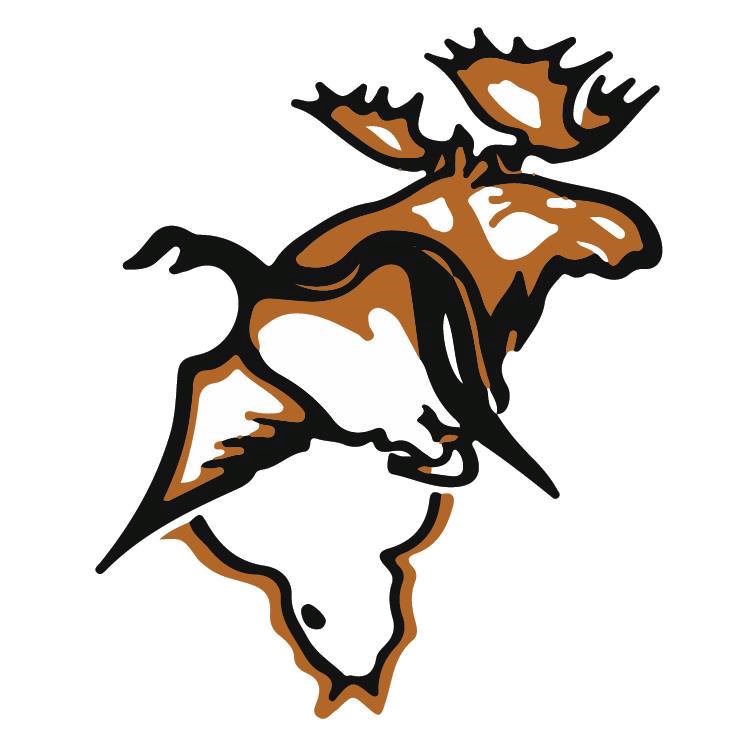MOOSE FACTORY, Ont. – In a tacit rebuke to Canadian leaders including Premier Doug Ford, a group of northern Ontario First Nations have issued a statement on systemic racism.
“In the racial turmoil of the last few weeks, a number of people, and some Premiers in Canada, have spoken publicly to say that there is little or no systemic racism in Canada,” the statement begins. “We the Omushkego Cree First Nations people of Ontario’s north know differently.”
The statement was issued earlier this week by the Mushkegowuk Council, which represents the Attawapiskat, Kashechewan, Fort Albany, Moose Cree, Taykwa Tagamou, Chapleau Cree, and Missanabie Cree First Nations.
Premier Doug Ford came under fire for suggesting at a June 2 press conference that racism was less widespread and deeply rooted in Canada than in the United States.
“It’s like night and day comparing Canada and the U.S.,” he said. “Thank God we’re different than the United States – we don’t have the systemic, deep roots they’ve had for years.”
Facing a backlash on the comments, Ford acknowledged the next day that systemic racism existed in Ontario and throughout the country.
The Mushkegowuk statement makes reference to Ford's words without naming the premier.
“In 1905, when Canada and Ontario made a foundational treaty with our people, government representatives solemnly promised we would be able to continue to use our lands as we always had, forever," it reads. "Then they opened our lands to forestry, mining, and hydro dams without our consent, leaving us with almost none of the benefits."
"That was racism, and it was deep, and it was systemic. And some of that continues to this day.”
The statement asserts that, while there has been real progress, the First Nations are still experiencing the impacts of systemic racism that has marked their relationship with Canada for over a century.
“We live and experience systemic racism every day, in the attitudes of some of the people we talk to, and in the poor quality of the housing, health services, and educational system that our Chiefs, our elders, our children, our mothers, and our youths have to deal with in our daily lives,” it reads.
